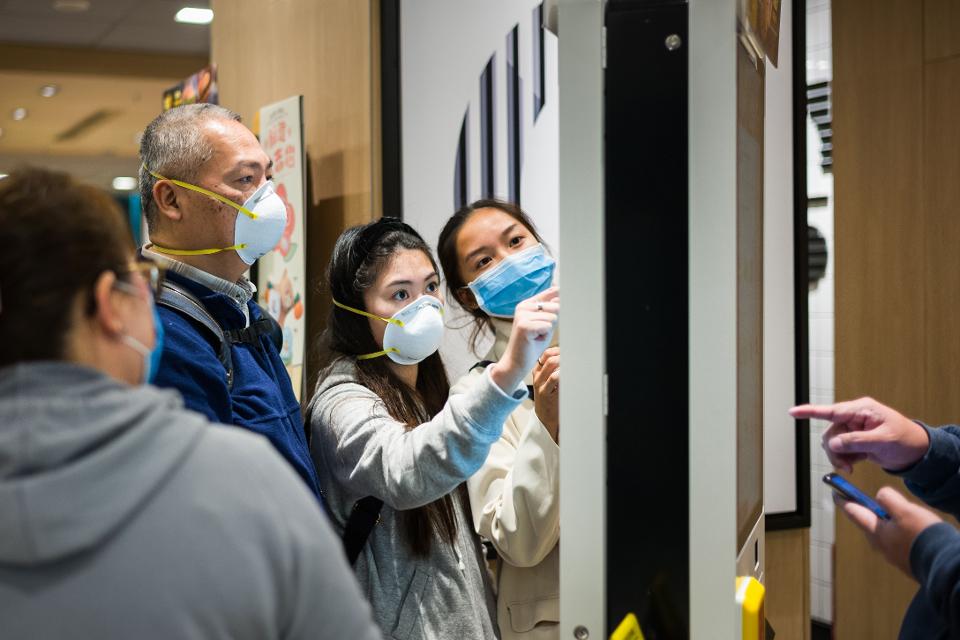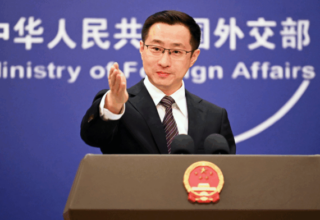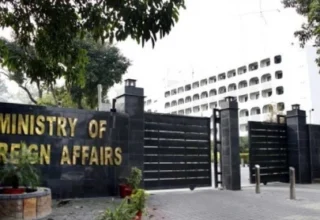
CHINA ECONOMIC NET
BEIJING, Feb. 20 – There is no other thing that could ease the string of the Chinese nation than the alleviation of the encroachment of the novel coronavirus pneumonia (COVID-19) now.
More than 16,000 patients contracting the COVID-19 have been discharged from hospitals in China up to February 19, with new cured cases increasing for 6 days. The new confirmed cases outside Hubei Province, the epicenter of the epidemic, has been in continued decline for 16 days in straight since February 3.

Cure and Death Figure Provided by Clove Doctor [Photo/Clove Doc.]
This hard-won result is mainly indebted to the sacrifice of Wuhan city and its 10 million more people, which was locked down on January 23 to curb the spread of COVID-19 – a decision that has never been seen in human history. Apart from the huge economic costs, given Wuhan is the land and river transportation hub, the challenges are even bigger when it comes to providing over-laden hospitals with adequate medical personnel and supplies, seeking for the people who once have been exposed to the virus, and ensuring safety delivery of food and daily necessities for the citizens without close contact.
To address the shortage of beds for patients waiting in line, 10 module hospitals have been put into use to accommodate confirmed cases, besides the Huoshenshan Hospital and Leishenshan Hospital built in 10 days that once attracted world attention. More than 30,000 voluntary medical forces have also been in place to ease the burden of their comrades. With growing medical staff, some are distributed to different communities to carry out blanket search warrant, looking for potential virus carriers and quarantining them in time for medical observation or treatment. In such way, the spread channel of the virus is efficiently cut off, and suspected cases are attended earlier.
Since the government issued notice that the holiday ended on February 3 with quarantine policy still valid, medical producers that halted operation during the Spring Festival were the first group of companies to resume production in attempt to resolve the extreme scarcity of goggles, masks, protective gear and other medical equipment. Many companies originally engaging apparel, diaper or other businesses convert production lines to generate masks to meet their social responsibilities as well as maintain revenue. When a mask manufacturer posted they were in short of employees for expanding production, hundreds of people rivaled to become the chosen one regardless of compensation.
Enterprises engaging in online working, online education, online healthcare and non-contact retail also enthusiastically join the battle and adapt to the sudden hit in a more flexible manner.Tech giant Tencent has upgraded its online working services, including live-streaming and online conference services for remote work at home. Major courier company SF Express used drones to help transport medical materials to hospitals in Wuhan. Huawei applies its advanced 5G technology to facilitate the remote diagnosis between Beijing and Huoshenshan Hospital.
Fresh Hema, an online-to-offline fresh food delivery platform affiliated to Alibaba, even invented a new business model under which they borrow workers from catering industry that is under strain to pay for employees due to more than one month of suspension, and distribute them in different stores to meet the sharp increase of online orders. When the epidemic ends, these workers will still return to their former companies.

A worker of Fresh Hema delivers ordered items to the community, and residents can pick up by themselves. [Photo/wswsws.net]
The power of individual is rather limited compared to that of the country and enterprises. But it is the 1.4 billion disciplinary and positive Chinese that are laying the foundation for combating the COVID-19 when you just have a look at how they strictly abide by the prevention measures of the government, make due contributions in their position as a doctor, nurse, delivery guy…, and donate anonymously for people in need.
In almost all communities and villages, the base of China’s administration system, volunteers are reaching out to suspected, confirmed and recovered patients everyday to help them through this difficult period.
On WeDoctor, a free platform for free consultation, around 37,838 physicians have offered medical consultation services to accumulated 1.1 billion visitors. Some physicians who perform duty in hospital in daytime choose to offer consultancy at night on the platform in a wish to save more people.
A farmer from Henan Province, a big agriculture province located in central China, donated all 70 tons of vegetables, of which 50 tons were transported to Wuhan. It only takes 2 minuets that he decided to contribute what is equivalent to his half-year revenue.
To guarantee the medical staff have fresh food, a farmer from remote village rode 40 kms to reach Wuhan and sent 24 boxes of vegetables to one hospital.
There are more overseas Chinese who purchase medical masks and other supplies in urgent need and send them to China via chartered helicopters.
As the State Councillor and Foreign Minister Wang Yi put it, “the Chinese government and people will unite as one, and they have confidence, capability and resources to win the fight against the novel coronavirus outbreak as soon as possible.”








